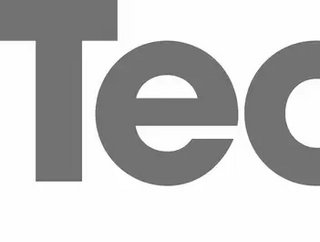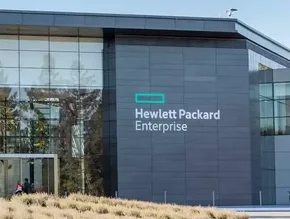Governments, enterprise move forwards on AI regulation

Ever since the science-fiction author Isaac Asimov invented his ‘Three Laws of Robotics’ in 1942, the public consciousness has been gripped by the quandary of how we might stop artificial intelligence from turning on us. Asimov’s original laws were:
- A robot may not injure a human being or, through inaction, allow a human being to come to harm.
- A robot must obey the orders given it by human beings except where such orders would conflict with the First Law.
- A robot must protect its own existence as long as such protection does not conflict with the First or Second Laws.
While once the preserve of science-fiction authors, now governments are moving forwards on the regulation of AI. In the US, President Trump last year signed an executive order announcing a national strategy on artificial intelligence, while the EU just released a report recommending approaches to the “digital future”.
Along similar lines, private enterprise, too, is getting in on the action, with German manufacturing giant Bosch just announcing an artificial intelligence (AI) ethics policy, reflecting the company’s ambition to have all of its products either contain AI or have been developed with the assistance of the technology by 2025.
SEE ALSO:
Bosch’s guidelines read:
-
All Bosch AI products reflect our “Invented for life” ethos, which combines a quest for innovation with a sense of social responsibility.
-
AI decisions that affect people must not be made without a human arbiter. Instead, AI should be a tool for people.
-
We develop safe, robust, and explainable AI products.
-
Trust is one of our company’s fundamental values. We want to develop trustworthy AI products.
-
When developing AI products, we observe legal requirements and orient to ethical principles.
The motives for implementing such guidelines were expressed by Michael Bolle, Bosch’s CDO and CTO: “If AI is a black box, then people won’t trust it. In a connected world, however, trust will be essential.”






